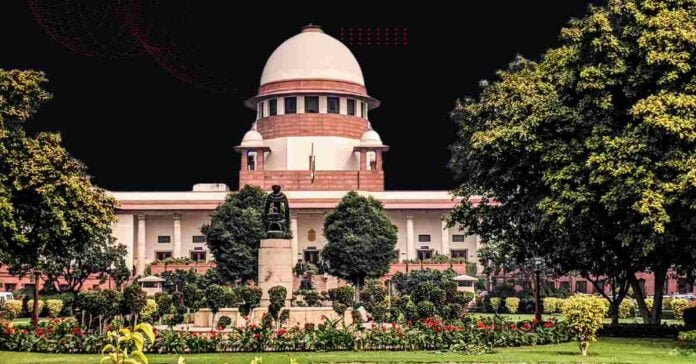The electoral bond scheme enacted by the BJP government in 2018 with a view to ensuring transparency in electoral funding was trashed by the supreme court of India, in a shocking and unpredicted ruling. A bench of five judges unanimously held that this scheme was unconstitutional as it violated Right to information under article 19 of the Indian constitution. Additionally, the court nullified the changes to both Companies Act and Income Tax Act which facilitated the program. Indeed, it is a Huge disappointment to BJP by SC judgement on Electoral Bond declaring it as unconstitutional.
The electoral bond has been contested on two main grounds by various stakeholders. First, whether not revealing identity of who donates money to political parties infringes right to information. Second, does unlimited corporate funding of political parties violate the democratic principle of free and fair election? The scheme, according to petitioners, allowed for anonymous contributions by individuals or bodies with vested interests aimed at influencing policy making of the ruling party and thus undermine democracy.
- Secular Parties Silent again on recent Violence against Minorities
- Gyanvapi Mosque: The Next Flashpoint of Hindu-Muslim Politics
- Israel got away with Genocide in ICJ ruling
The verdict stated that the scheme contradicts both the principle of right to information under article 19 of the constitution and free and fair election principle. The court opined that the right to information is an integral part of the freedom of speech and expression, and that voters have the right to know from where the political parties raise their funds. The court, in its observation, reported that under the scheme, corporates, foreign entities, and individuals could give an unlimited and unregulated contribution, which might create a nexus between money and power that can be used to curtail the level playing field in elections.
The verdict in this case is a huge disappointment for the BJP Government because the ruling BJP has been the biggest beneficiary of this scheme pocketing more than 6000 crore in just a few years. The government justified the scheme by saying that it was aimed at reducing the black money and corruption in politics. But the court disagreed and said that the scheme was opposite of transparency and accountability claims of the government as it allowed anonymity of the donors and the recipients. The court further ordered the State Bank of India to provide to the Election Commission the information of the political parties that received the political bonds after its interim order in 2019.
The judgment was truly unexpected given the soft stance on government actions and behaviors in recent years. The SC in fact has been accused by taking side of the government in various important cases including this electoral bond scheme. The Supreme court to some extent has redeemed itself today by a significant decision hitting hard to the interests of the incumbent government.




